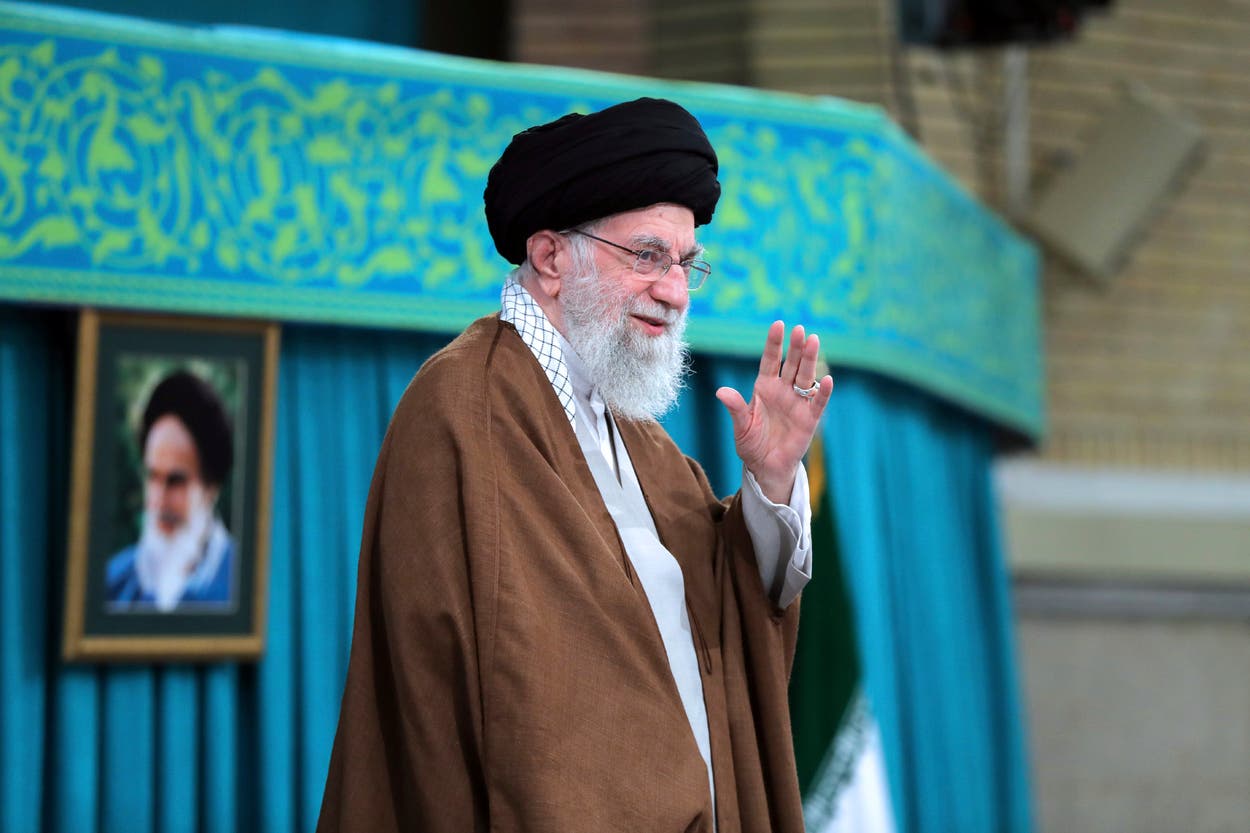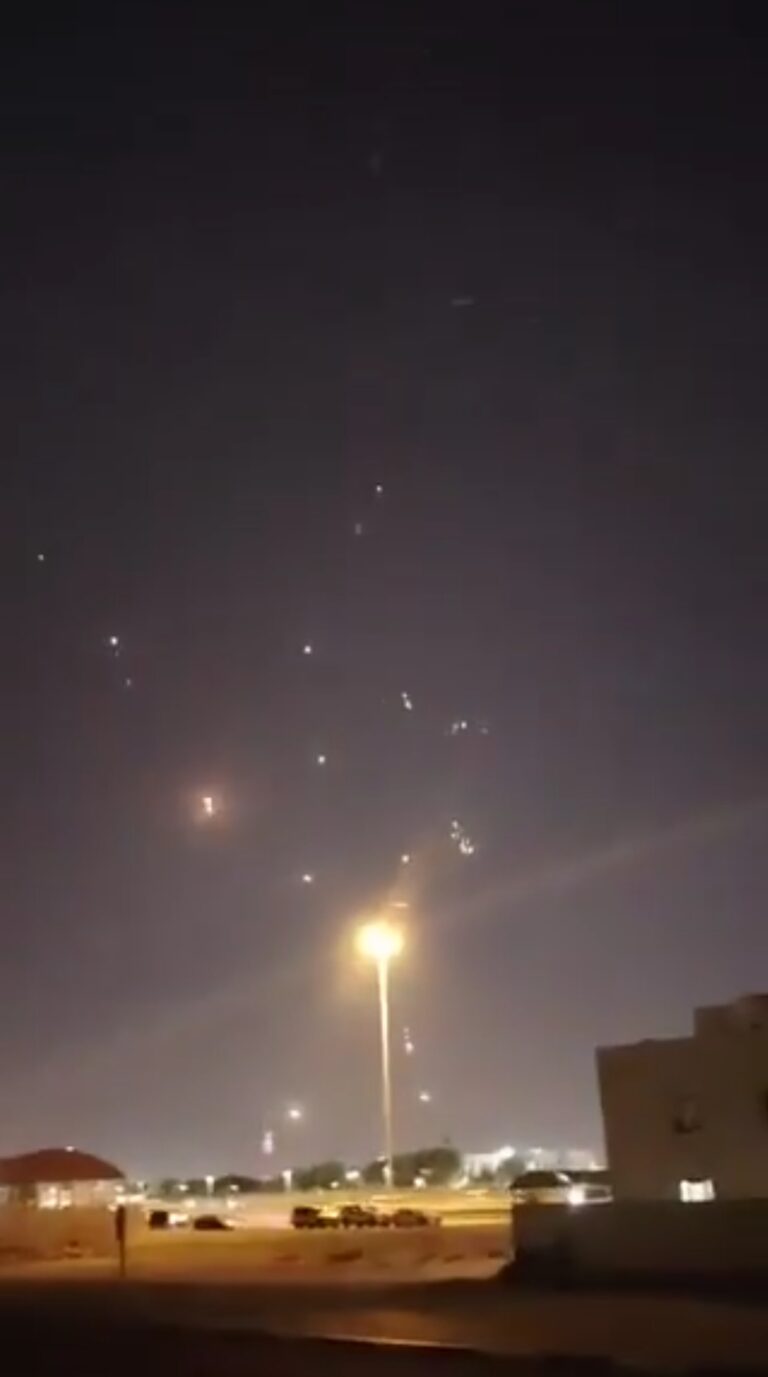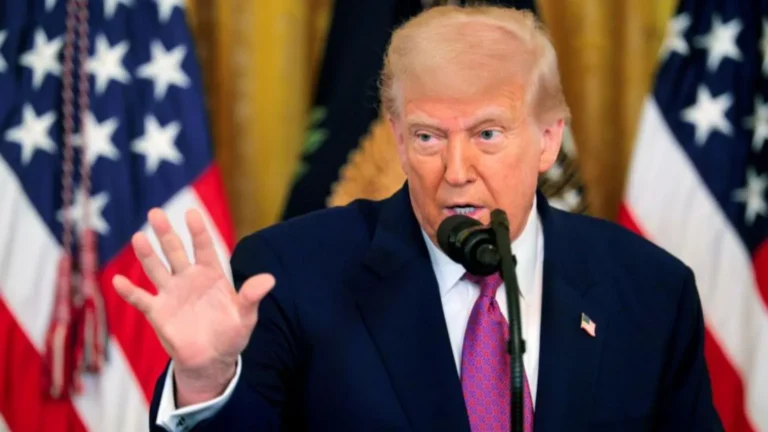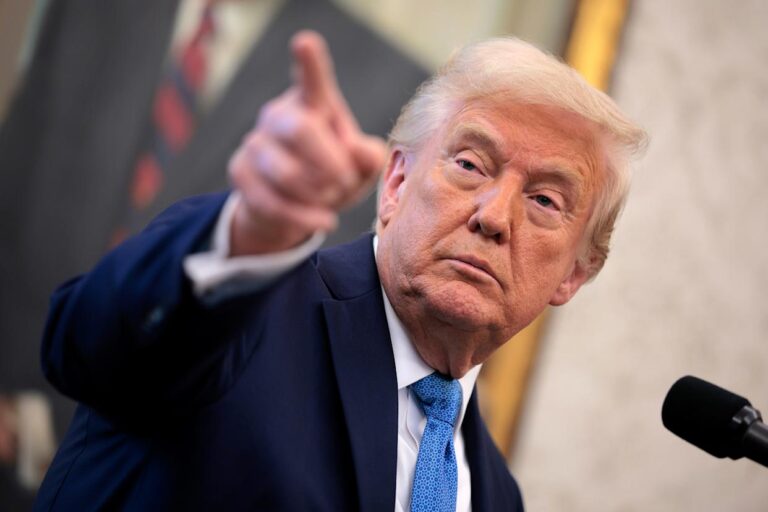The Middle East is edging closer to a regional war as Iran and Israel engage in a direct and escalating military confrontation, drawing sharp warnings and rapid responses from global powers.
Iran’s Stark Warning to the West
Iran has threatened the United States, the United Kingdom, and France with retaliation if they interfere militarily in support of Israel. Tehran, via state-run media, declared that Western bases and warships could be targeted if they attempt to block Iranian drone and missile strikes against Israel. Analysts say any direct action by Iran on this front could trigger a wider war involving NATO forces.
Western Reactions: A Divided Front
The response from Western nations has been swift but mixed:
United States: Former President Donald Trump pledged full support for Israel, while U.S. forces reportedly intercepted several Iranian drones. U.S. diplomat McCoy Pitt warned Tehran against provoking Washington, stating that “the consequences for Iran would be dire.”
France: President Emmanuel Macron confirmed that France would assist in Israel’s defense, though he called for restraint.
United Kingdom: Prime Minister Keir Starmer insisted that the UK has not provided military support, stressing the need for de-escalation and diplomacy.
The Aerial War Intensifies
For the second consecutive day, airstrikes have rocked both countries:
Israeli Strikes on Tehran: Israeli jets carried out targeted bombings on Iranian infrastructure, reportedly including the Mehrabad military airport and sensitive research sites.
Iran’s Retaliation: Iran responded with a barrage of drones and missiles. Civilian casualties were reported in both Tehran and Israeli cities like Rishon LeZion and Tel Aviv.
Iranian officials claim 78 people have been killed and over 320 injured, including high-ranking generals and nuclear scientists. In Israel, at least three were killed, with dozens injured. In a troubling development, five Palestinians – including three children – were reportedly killed in the West Bank by Houthi-fired projectiles aligned with Iran.
Nuclear Facilities Targeted
The conflict has placed Iran’s nuclear program at the center of global concern:
Natanz Hit: Israel claims to have inflicted “significant damage” at the Natanz enrichment facility. The IAEA confirmed damage to surface-level structures.
Other Sites Attacked: Iran reported limited damage at Fordow and Isfahan nuclear plants. The latter is alleged to be a site of nuclear weaponization, though this claim diverges from current U.S. intelligence and IAEA reports.
IAEA Warning: The nuclear watchdog has condemned attacks on nuclear facilities, warning of potential radioactive fallout and long-term environmental consequences.
Diplomacy Crumbles
Hopes for a diplomatic breakthrough have also taken a hit. Planned nuclear negotiations between Iranian and U.S. diplomats in Oman have been shelved. Iran’s foreign ministry said talks have now “become meaningless,” though it stopped short of formally canceling them.
A Grim Forecast
With Israel’s Prime Minister Benjamin Netanyahu and Iran’s Supreme Leader Ayatollah Khamenei both vowing more attacks, the path to peace appears bleak. The new commander of Iran’s Revolutionary Guards ominously warned of opening “the gates of hell,” signaling that the conflict could spiral beyond control.
As the world watches closely, fears grow that this confrontation could engulf the wider Middle East and pull in global powers — a scenario that would have devastating consequences far beyond the region.




